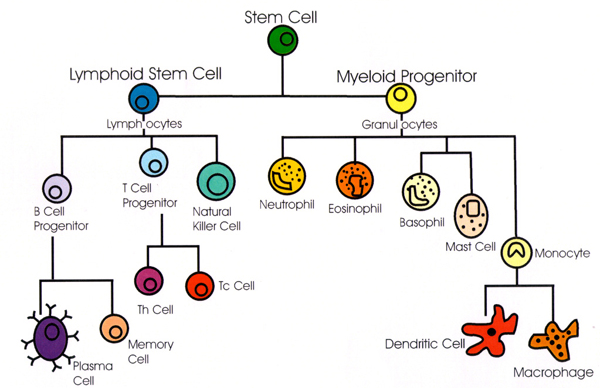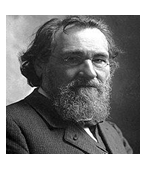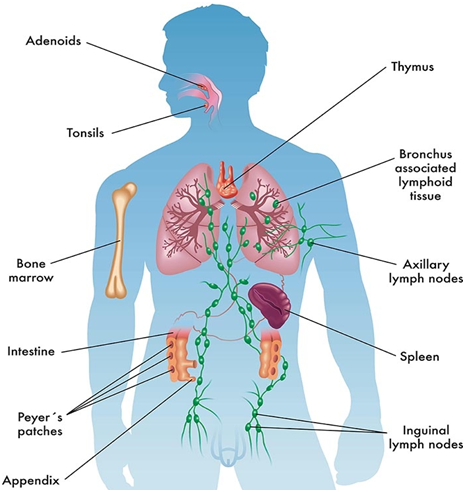All blood and immune cells originate from hematopoietic stem cells within the bone marrow through […]
Tag: immune system
RESPONSES OF THE IMMUNE SYSTEM
The immune system is a complex system which consists of collection of cells, organs, tissues […]
HISTORY OF IMMUNOLOGY
Man’s interest in achieving some level of resistance to diseases and their causative agents (i.e. […]
ELIE METCHNIKOFF (1845-1916)
Elie Metchnikoff was a Russian biologist, zoologist and protozoologist who is best remembered for his […]
Introduction to Immunology / Immune System
Immunology is simply defined as the study of how the immune system of a living […]






